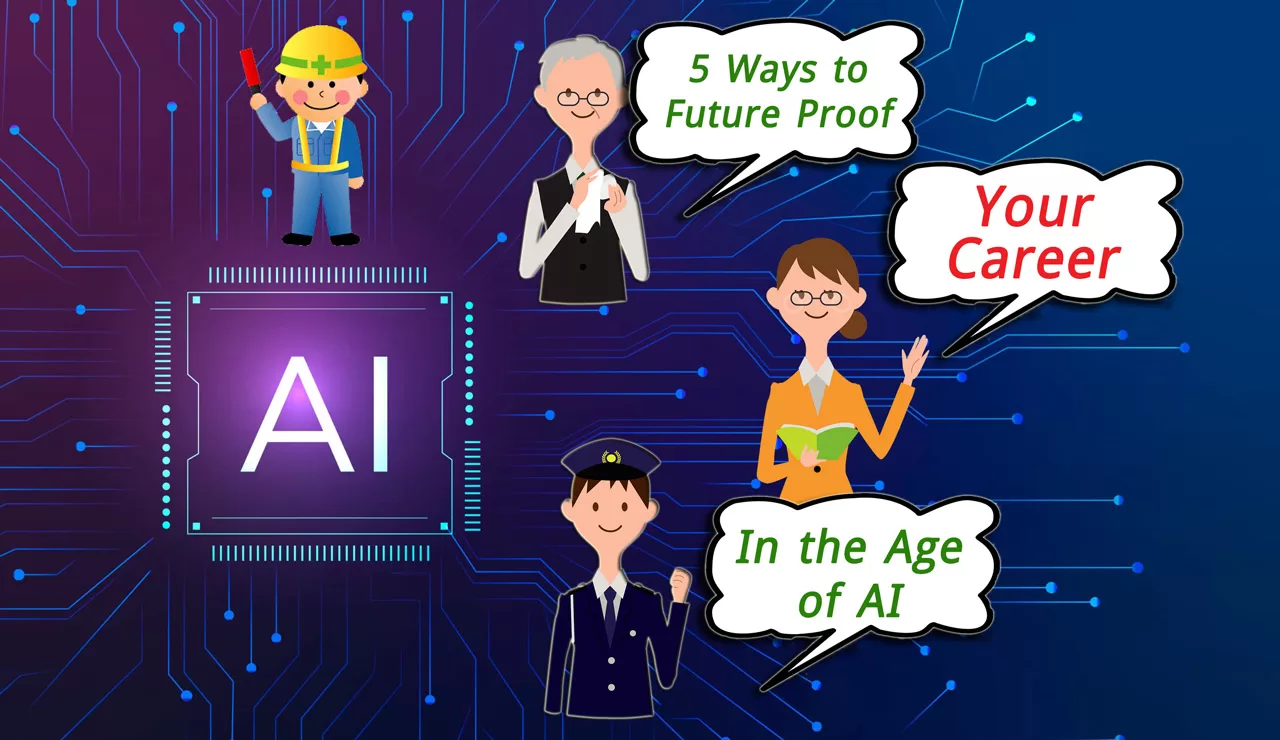
AI revolutionize industries across the globe
Artificial intelligence(AI) – in particular ChatGPT and its recently unveiled successor, GPT-4 – has taken center stage in conversations about the future of business, work, and learning. ChatGPT became the fastest-growing consumer application in history – outpacing Instagram and even TikTok – and Google lost $100 billion in market cap after a botched AI product demonstration raised questions about its ability to compete.
The stakes are high, not just for companies, but also for individuals hoping to navigate potentially massive implications for their own careers. For years, pundits have assured us that the key to surviving AI disruption was leaning into creativity and other (theoretically) unique human skill sets. But the new wave of AI is rapidly demonstrating that it can do far more than crunch numbers and analyze data: It can also create professional-level art and design (see DALL-E and Midjourney, among others) and create articles and copywriting that could displace many journalists and marketers.
As artificial intelligence continues to revolutionize industries across the globe, it is crucial for young professionals entering the workforce to develop skills that will keep them relevant and adaptable in the face of rapid technological advancements. While the integration of AI may raise concerns about job displacement, it also presents abundant opportunities for those equipped with the right skill sets.
Make career future-proof and grow
However, it is important to remember that AI is not a one-size-fits-all solution. Individuals can take specific steps to AI-proof their careers and stay ahead of technology in the ChatGPT era.
One of the best ways to AI-proof your career is to learn new skills that are in high demand. As AI continues to advance, many jobs will require new technical skills not prevalent in the past. For example, if you work in marketing, you might want to learn more about digital marketing, social media advertising, or data analytics. If you work in healthcare, you may like to learn more about telemedicine. Staying up-to-date with the latest industry trends will help position you as an expert in your field. You will also become more valuable to your employers in the process.
1. Avoid predictability
It’s important to remember that AI isn’t generating new insights; it’s a prediction engine that merely guesses the most likely next word. At the micro-level, it’s helpful: “thank” is indeed often followed by “you.” But at a macro level, its suggestions tend to homogenize, and they’re only as good as the wisdom of the crowds, which is often the exact opposite of wisdom. In the famous words of Oscar Wilde, who would probably not have been a heavy user of ChatGPT: “Everything popular is wrong.”
While AI is a powerful tool for ideation and initial drafts, if you want to stand out, you may be better served (in some cases) by doing the opposite of what it suggests, because you’ll be bucking conventional wisdom. Just as some corporations have recognized that boilerplate “corporate speak” turns off customers, we may discover the advantage of sounding like ourselves — and embracing our own personality, serendipity, and unpredictability — when everyone else is turning to AI.
2. Hone the skills that machines strive to emulate
AI is not capable of experiencing or displaying the human version of these soft skills. Humans are wired to respond to genuine emotions — so actually knowing and caring about what others think and feel, truly understanding yourself, and being capable of creating something machines cannot is an essential strategy to set yourself apart in the age of AI.
3. Double down on “the real world.”
AI in general — is confined to the digital world, inhabiting a virtual cage of 0s and 1s. Sadly, so are many human activities these days. But it’s essential to recognize that one thing AI can’t disrupt is our analog, in-person connections with others, so it’s important to carve out time and safeguard those. AI can only connect past dots and information it’s already been presented with. When you tap into information that isn’t (yet) online through your lived experience or novel interviews and conversations, you’re adding something genuinely new to the cultural conversation that wouldn’t be possible through AI.
4. Use AI To Your Advantage
One way young people entering the workforce can stay relevant in the years to come is to experiment with different AI tools and learn how successful business owners and marketers use them to their advantage. If you understand how popular programs ought to work, you’ll be in a much better position on your career.
5. Engage In Problem-Solving
It is recommended young people entering the workforce build their problem-solving skills. Problem-solving is a key skill that will never go out of style, regardless of how much AI technologies evolve. It’s important to be able to think critically and creatively to identify and solve issues, and this kind of skill is something AI can’t replace. Plus, it’s a great way to stand out in the job market.
Conclusion
In conclusion, AI-proofing your career requires a commitment to lifelong learning and a willingness to adapt to new technologies and trends. Focus on in-demand skills, emerging fields, upskilling or reskilling, and soft skills to become well-poised for long-term success.
That which does not kill us, makes us stronger. Let us not worry about surviving the AI onslaught but prepare ourselves to thrive in our careers!